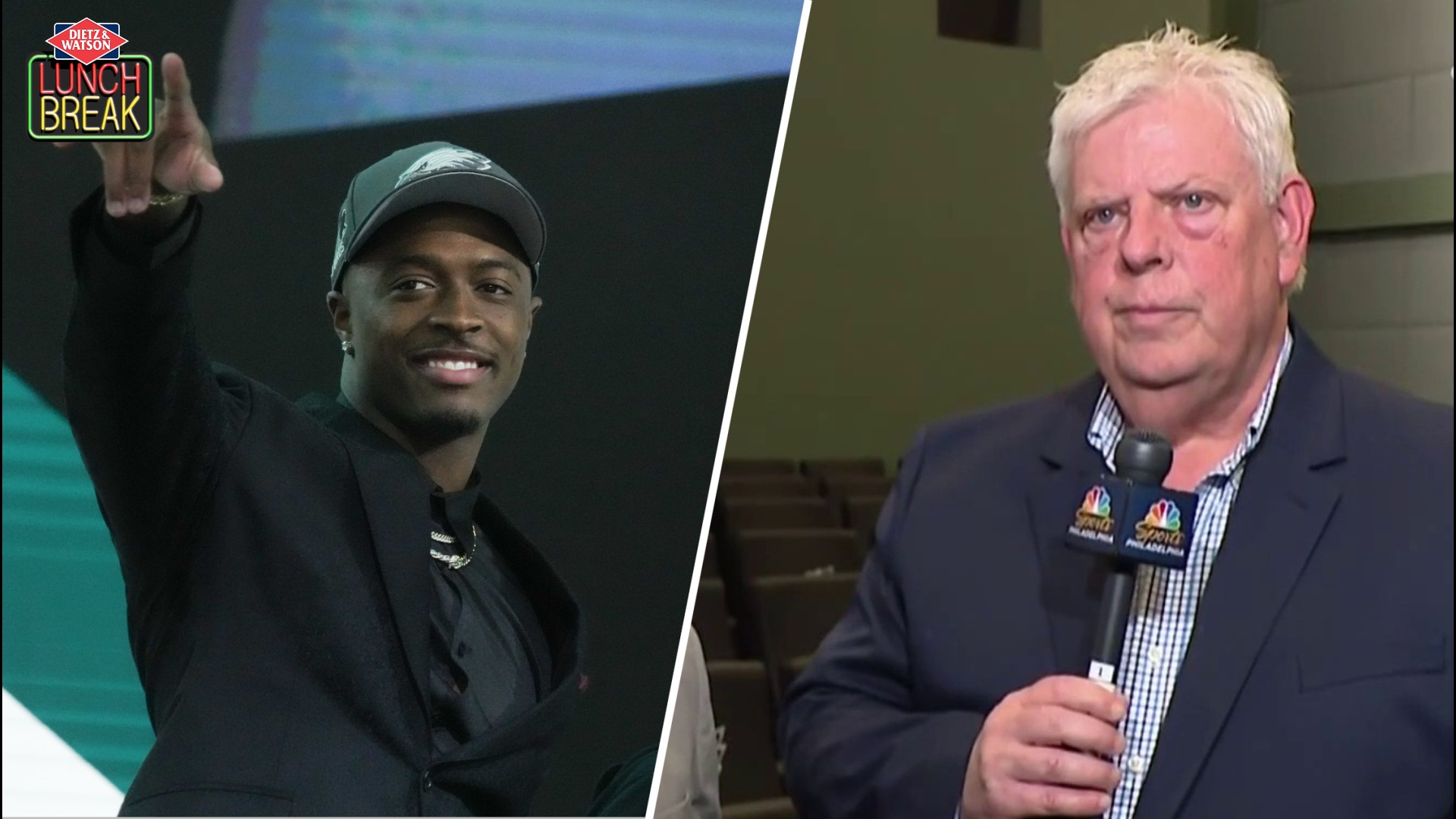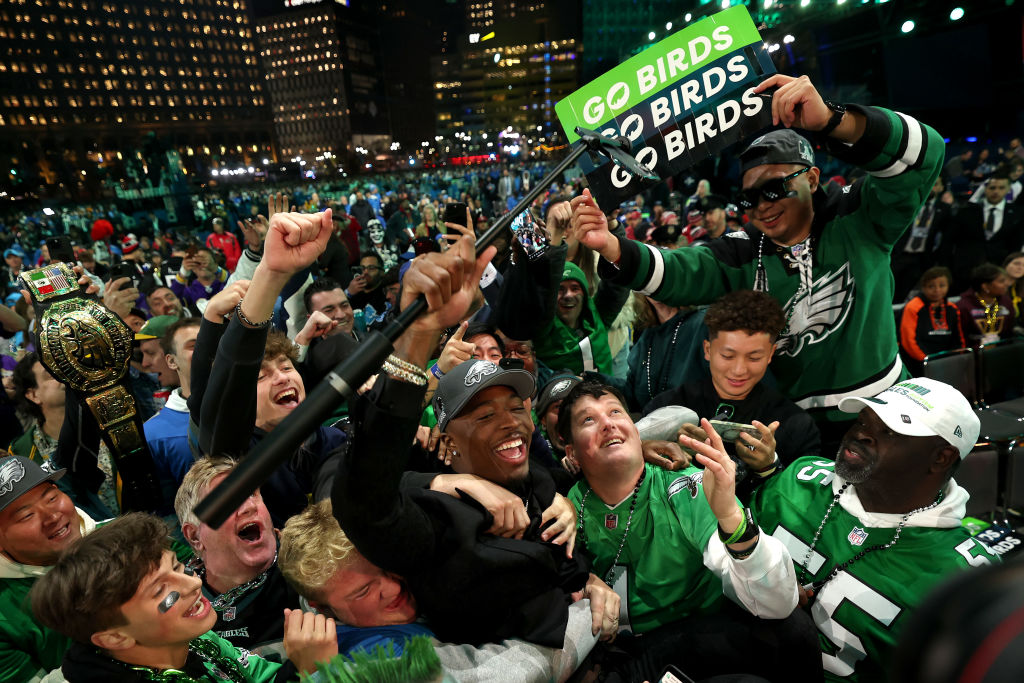The NFL is constantly evolving, but pro offenses, their very design, and the types of athletes who can run those offenses, are changing and rapidly beyond recognition.
That no doubt is precisely one of the reasons behind the Eagles' bold decision to trade three year's worth of draft picks in April for the opportunity to get Carson Wentz out of North Dakota State. Because Wentz didn't represent merely another quarterback prospect coming out of college. Some feel as though this 23-year-old kid might be the future of the position in the NFL.
Don't take my word for it. Take that of Brad Childress, former Eagles offensive coordinator who eventually wound up following long-time head coach Andy Reid to Kansas City. It's there where Childress was tasked with a unique role: "spread game analyst."
For more on that, what the spread offense is and how its prevalence in the college game is altering the landscape of the NFL, you'll have to read Kevin Clark's piece over at The Ringer. Trust us, it's worth it. Long-time Eagles executive Joe Banner hails the piece as "One of the best, smartest, most correct articles I have read in a long time," and it's hard to argue. Chances are you'll learn something.
But for our purposes, the aspect of the piece we'll focus on it for a moment is how the growth of the spread offense is tied to the selection of Wentz. NFL coaches like Childress or front office types such as Eagles vice president of football operations see in Wentz a rare hybrid of the the spread and pro-style quarterback, which as it turns out, may be ideally suited to succeed in a league that increasingly uses both types of offense.
Childress, meanwhile, believes the current holy grail is the prospect who ran spread plays at the college level that can be easily imported to the pro level. He mentioned Eagles rookie quarterback Carson Wentz, who at North Dakota State played in a multiple-style offense that incorporated spread concepts. Childress was impressed that Wentz played under center sometimes and in the shotgun at other times, and that regardless of the formation, he was adept at making various throws. He said some of the sweep plays Wentz ran were particularly impressive, and that he wants to incorporate what he saw into the Chiefs’ game plan.
Eagles executive vice president of football operations Howie Roseman, who took Wentz second overall in the draft, called his college system “a pro-style concept that hints at where the sport is going.” Roseman, like Spielman, said that changes in the college game have forced him to alter how he evaluates passers: Because the college game is so different from the NFL game, Roseman is forced to put less emphasis on tape and more emphasis on test scores and smarts.
It's an extremely interesting perspective, and one the jives with another line of thinking many believe led the Eagles to jump all over Wentz. There may not be another college signal-caller with this type of makeup teo come around for a long time, as more and more programs go to entirely spread-based systems.
Philadelphia Eagles
Complete coverage of the Philadelphia Eagles and their NFL rivals from NBC Sports Philadelphia.
Yes, concepts of the spread have made their way to the NFL, and they're likely there to stay. However, whether it will become an offense that's fully embraced around the league is a bit trickier, which is why it's probably best to have somebody who can do it all, and partially explains why Wentz became so attractive to the Eagles.
It's not at all surprising that Childress, Reid, Roseman and current Eagles coach Doug Pederson would all share similar mindsets on the direction the NFL is headed either. There are too many ties here for it to be purely a coincidence, and Clark's piece about the spread offense would seem to shed some light on some of the back story about how Wentz became an Eagle.



